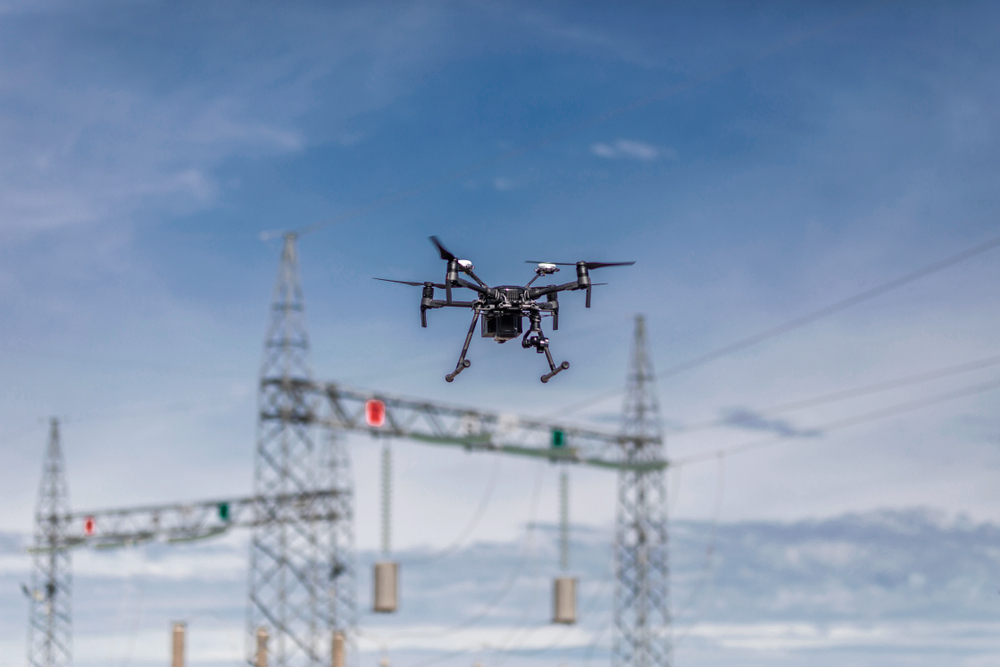The opportunity
Australia’s leading mid-cap oil and gas company, Beach Energy has a vision for introducing new technology – namely, drones or Remotely Piloted Aerial Systems (RPAS) – to assist with its broad acre surveillance of large linear pipeline assets.
While drones are already used in line-of-sight operations to inspect physical infrastructure, this new capability extends the capacity of drones to operate beyond line of sight – this poses a challenge to current regulations and how the end users can operationalise this capability.
In Australia, drones are also referred to as Unmanned Aerial Systems (UAS). These and RPAS are governed by the Civil Aviation Safety Authority (CASA) and there’s great constraint around how they can be used within a beyond visual line of sight operating regime.
As Australia’s second largest oil producer, Beach Energy hopes to replace manned aircraft surveillance operations with RPAS to eliminate the threats helicopter pilots face when flying at low levels to inspect pipelines, as well as avoiding the cost of using high specification turbine-powered aircraft.
Forge Works was engaged to provide support and guidance to Beach Energy around navigating this complex regulatory environment and the broader industry at large.
The solution
Beach Energy has ownership interests in assets such as the Lang Lang Gas Plant in Gippsland and the Otway Gas Plant near Port Campbell, both in Victoria. It has a regulatory obligation to regularly inspect its pipelines and easements. These requirements mandate visual inspections.
An inspection program reliant on RPAS in this environment would be operating further than human sight-line capabilities. This brings the added challenge of relying on other technology systems to manage the obligations to other airspace users to identify where a system is flying, and to de-conflict it with other aircraft that may be operating in the vicinity.
RPAS are at the forefront of rapidly changing technology and this includes a rapidly changing regulatory landscape. Negative public perceptions only add to the challenges, particularly when operating drones in rural regions and over farms.
Forge Works partnered with Beach Energy to help them understand the operational and safety implications of their activities and to determine the benefits of working with new technology like RPAS within the constraints of their technical safety compliance requirements.
With Sean MacGregor, one of Australia’s leading experts in aviation safety, and commercial and operational concepts guiding the process, Beach Energy is now on the way to establishing a standard for how they and the industry in this region might use this technology.
The outcome
When organisations want to change and innovate – to embrace new technology that makes their operations safer and more efficient – they often find it difficult to navigate the operational challenges, safety risks or regulatory frameworks governing these practices.
Changing the way work has traditionally been performed can be difficult, but by partnering with Forge Works, Beach Energy is learning how to traverse these new and significant shifts in the way they run their business.
Working with contractor groups, suppliers and the company as a whole, Forge Works is helping to ensure outcomes are appropriate for all stakeholders when it comes to applying new technology in different operating contexts.
As a result, Beach Energy is much closer to realising the safety and commercial benefits of deploying this technology within their operations.

